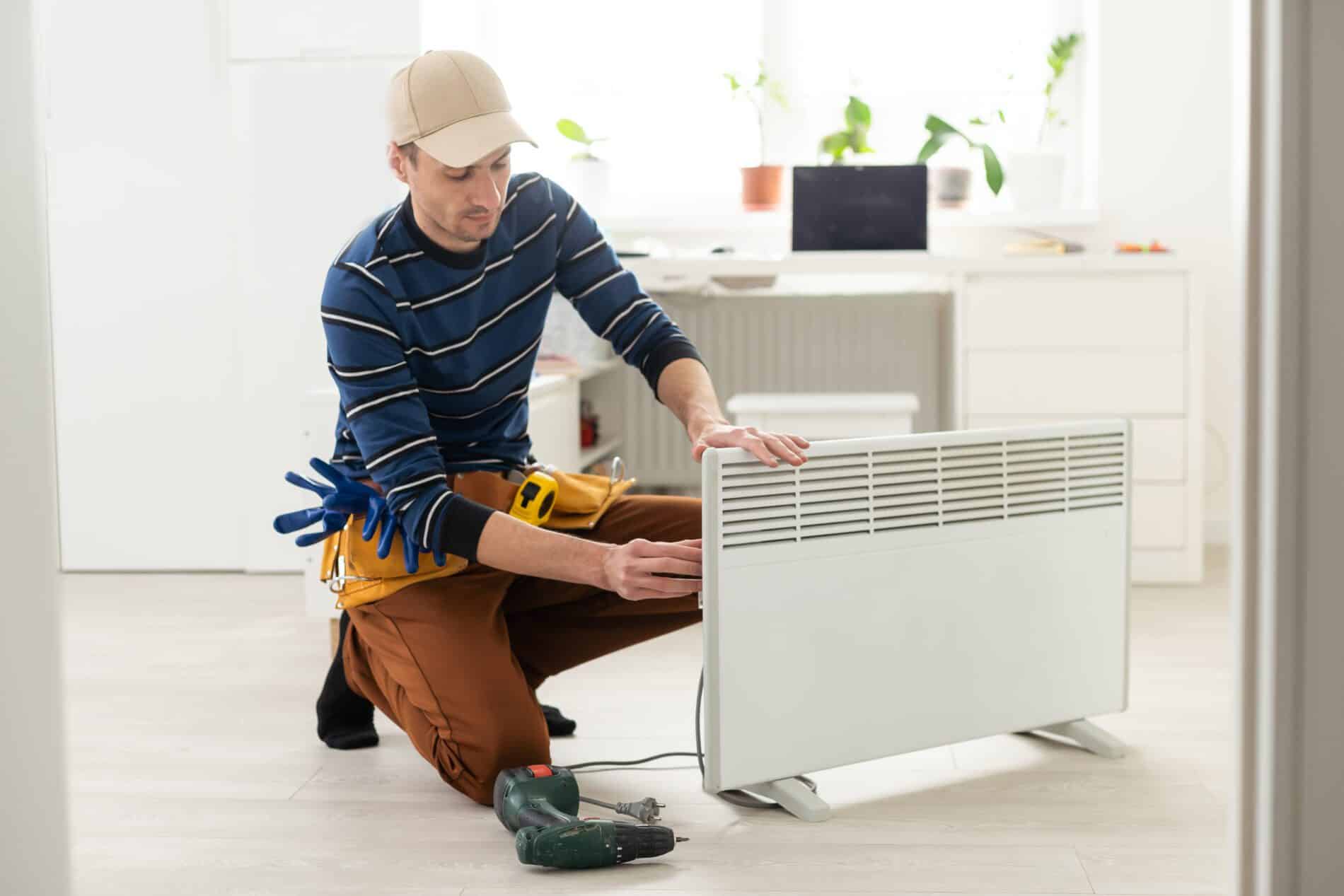Overcoming Common Heater Issues
Overcoming Common Heater Issues
Blog Article
They are making several great pointers about Water Heater Repair and Troubleshooting in general in this content which follows.

Imagine beginning your day without your regular hot shower. That already establishes an inadequate tone for the remainder of your day.
Every home needs a trustworthy hot water heater, yet only a few recognize just how to take care of one. One very easy means to maintain your hot water heater in leading shape is to check for faults frequently as well as fix them as soon as they show up.
Keep in mind to shut off your water heater prior to sniffing around for mistakes. These are the water heater mistakes you are more than likely to experience.
Water too warm or too cool
Every hot water heater has a thermostat that identifies just how hot the water obtains. If the water entering your residence is as well hot in spite of establishing a practical maximum temperature, your thermostat might be faulty.
On the other hand, also cold water may result from a fallen short thermostat, a damaged circuit, or inappropriate gas flow. For example, if you use a gas hot water heater with a damaged pilot light, you would obtain cold water, even if the thermostat remains in excellent condition. For electrical heating systems, a blown fuse might be the wrongdoer.
Inadequate warm water
Water heaters come in many sizes, relying on your warm water demands. If you run out of warm water before everyone has actually had a bath, your water heater is also little for your family size. You should take into consideration setting up a larger hot water heater tank or going with a tankless water heater, which occupies less area and is a lot more durable.
Odd sounds
There are at the very least 5 kinds of noises you can learn through a water heater, however one of the most usual interpretation is that it's time for the water heater to retire.
First of all, you should be familiar with the regular appears a hot water heater makes. An electric heater might appear different from a gas-powered one.
Popping or banging audios generally indicate there is a slab of debris in your containers, as well as it's time to cleanse it out. On the other hand, whistling or hissing audios might simply be your shutoffs allowing some pressure off.
Water leaks
Leakages can originate from pipes, water connections, valves, or in the worst-case circumstance, the storage tank itself. Over time, water will certainly wear away the storage tank, and also find its way out. If this happens, you require to change your hot water heater immediately.
Nevertheless, prior to your modification your entire tank, be sure that all pipes are in location which each shutoff functions flawlessly. If you still need assistance determining a leak, call your plumber.
Rust-colored water
Rust-colored water indicates one of your hot water heater parts is corroded. Maybe the anode pole, or the tank itself. Your plumber will be able to recognize which it is.
Warm water
No matter how high you set the thermostat, you won't get any type of warm water out of a heating system well past its prime. A hot water heater's efficiency may reduce with time.
You will also get warm water if your pipelines have a cross link. This indicates that when you switch on a tap, hot water from the heater flows in along with normal, cold water. A cross connection is easy to place. If your warm water taps still run after closing the hot water heater valves, you have a cross link.
Discoloured Water
Corrosion is a major cause of unclean or discoloured water. Rust within the water storage tank or a falling short anode rod can create this discolouration. The anode rod secures the storage tank from rusting on the inside and need to be checked annual. Without a pole or an effectively working anode rod, the hot water quickly wears away inside the container. Get in touch with a professional water heater service technician to determine if changing the anode pole will certainly take care of the problem; otherwise, change your hot water heater.
Conclusion
Preferably, your water heater can last 10 years before you need a change. However, after the 10-year mark, you may experience any of these faults extra routinely. At this point, you should include a brand-new hot water heater to your budget plan.
How To Troubleshoot 3 Common Water Heater Problems in Twin Cities
The Water Heater Is Leaking
A leaky cold water inlet valve A loose pipe fitting A leaky temperature and pressure relief valve A corroded anode rod A cracked tank Turn Off Your Water Heater:
Shut off your gas water heater by turning the gas valve on the unit to the “OFF” position. Shut off your electric water by switching its power off at your electrical panel. Look for a two-pole breaker labeled “water heater” and turn it to the “OFF” position. Move the ball valve connected to the water heater to be perpendicular to the piping at a 90° angle. Look for the Leak:
Depending on whether the water is coming from the tank's top or bottom, you’ll want to look for the leak in different locations.
If the leak comes from the top of the tank, carefully look for water escaping from the cold water inlet valve or loose pipe fittings. Rusted hot and cold water valves can have loose connections with the tank, with water leaking out of them.
https://mspplumbingheatingair.com/blog/how-to-troubleshoot-3-common-water-heater-problems
We are very taken with Water Heaters Problems and I hope you liked the new blog posting. So long as you enjoyed reading our page if you please don't forget to share it. Thank-you for going through it.
For fast relief, call! Report this page